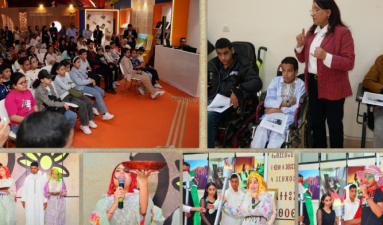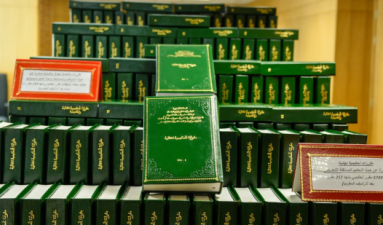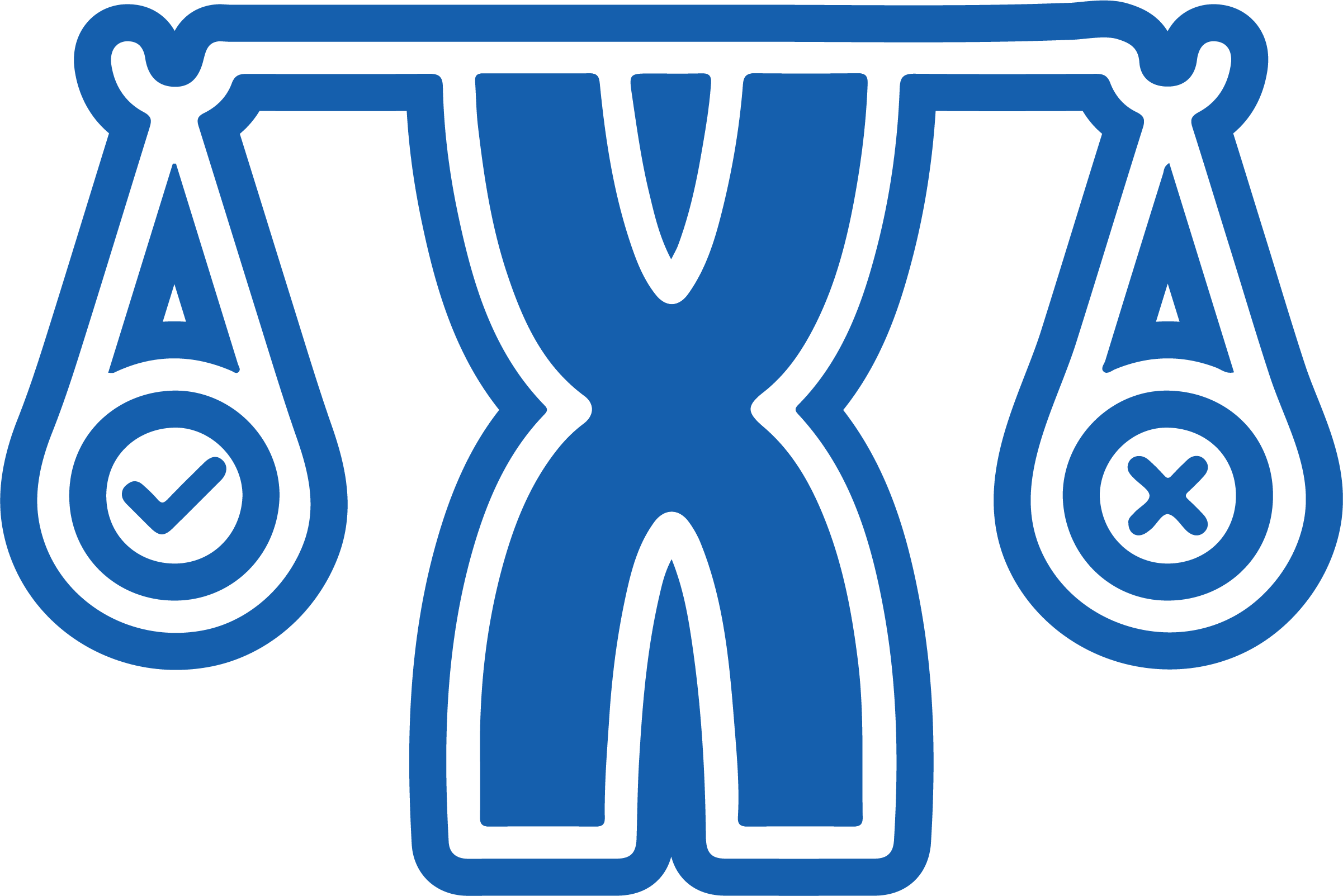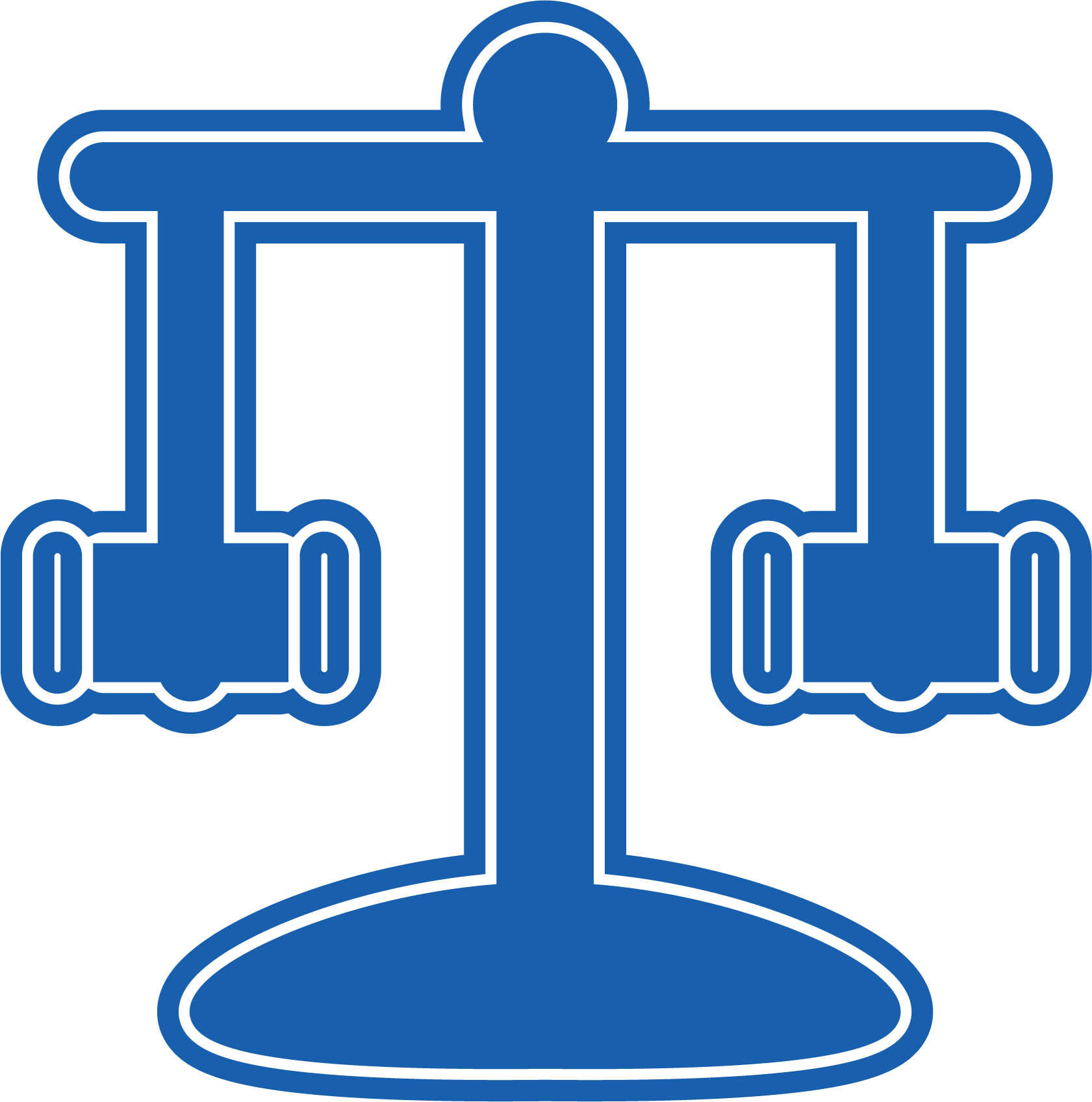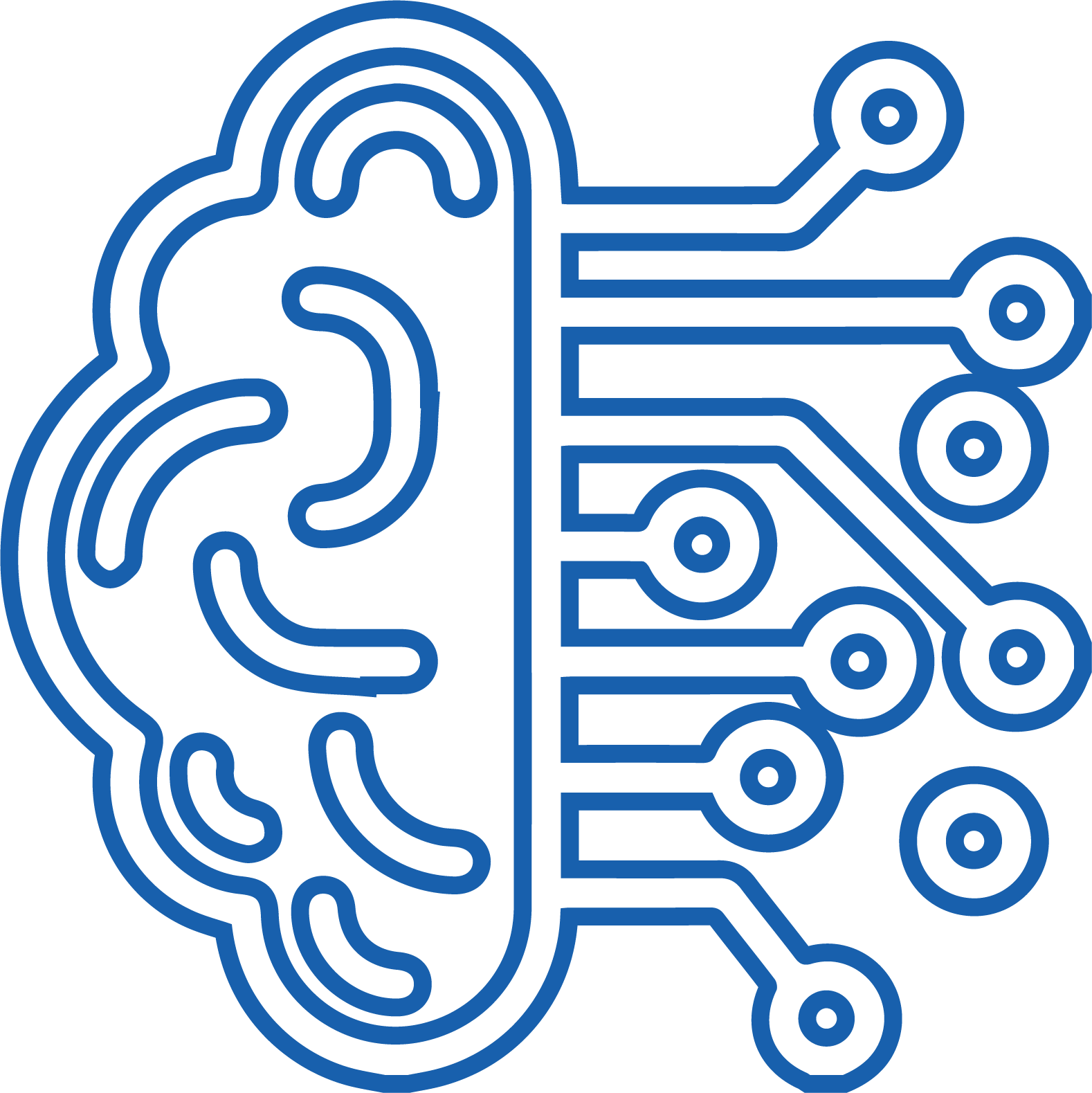Preservation of Memory
Preserving memory is a fundamental aspect of CNDH’s comprehensive strategy for memory preservation adopted in 2019 as part of the Council’s mission to follow up on the implementation of the recommendations of the Equity and Reconciliation Commission (IER), particularly those relating to the preservation of memory and the valorization of Moroccan history. Key initiatives include the organization of internal archives, updating agreements with diverse partners and accelerating the transformation of former detention centers into sites of memory. Additionally, the Council provides recommendations on laws related to museums and relevant national institutions, all in alignment with its vision for Morocco’s development model.
The key aspects of this strategy can be summarized as follows:
Advancing the transformation of former irregular detention centers into socio-economic spaces that effectively preserve memory in a culturally, economically and socially beneficial manner. The Council, in collaboration with its partners, oversees several projects, including:
- Rehabilitating the Tazmamart detention center, with work commencing in February 2020.
- Restoring the Agdz detention center and repurposing it as a site of memory and community reparation, serving as a focal point for socio-economic development initiatives linked to the rehabilitation and valorization of historical sites.
- Establishing the Al Hoceima Museum, aimed at showcasing and enhancing the region’s cultural heritage, fostering historical research, facilitating avenues for restoring collective memory and reinforcing the values inherent in the diverse tributaries of Moroccan identity.
- Maintaining cemeteries containing the remains of victims, including those in Kelaat M’Gouna, Casablanca (related to the events of June 1981), and Nador (related to the events of January 1984), with a view to establishing an integrated network of memory sites nationwide.Establishing the National Museum of History as part of collective reparation projects, aimed at fostering a collective memory rooted in varied interpretations of contemporary Moroccan history, as well as the broader history of Morocco.
Launching consultations with relevant institutions to establish a national migration museum, ensuring that Moroccan immigrants have the opportunity to preserve their memories and reclaim respect for their century-long diasporic presence.
Establishing a unit dedicated to preserving memory and promoting Moroccan history, tasked with implementing the IER's recommendations relating to memory preservation.


